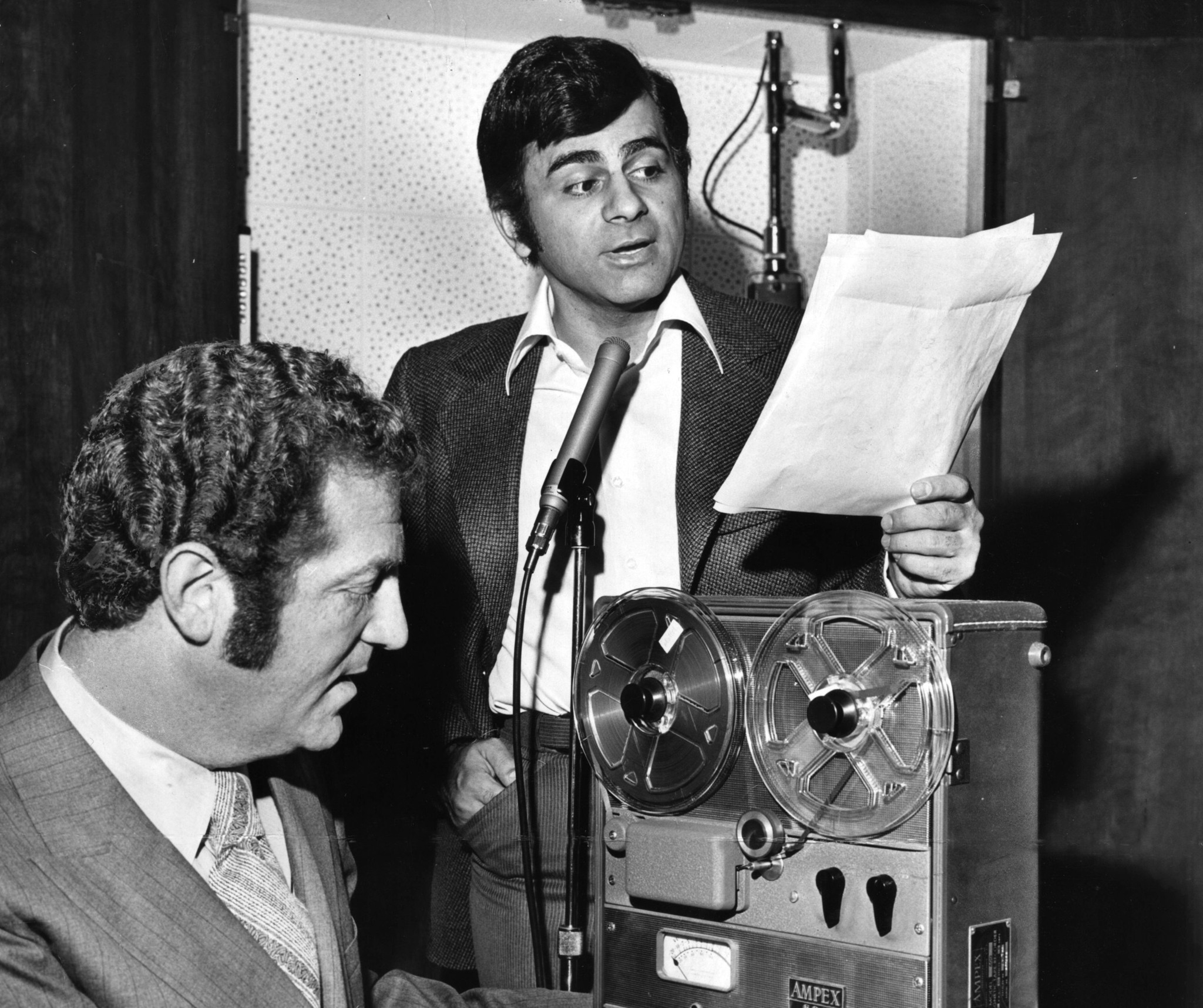Viewed from inside the airtight world of Casey Kasem’s American Top 40, you can almost understand why the host famously melted down for having to do a “goddamn death dedication” after coming out of a “fucking uptempo record.” You see, Casey’s syndicated parallel United States was meant to be a respite from the real and often-confusing society we actually live in, a place where no unsettling sounds could be heard, a program that could turn every living room into a panic room, a sanctuary safer even than the green room at the Charlie Rose show. As the channels decentralized and multiplied, and the vernacular grew franker, he steadfastly refused to say the word “sex” on the radio or play versions of rap records that contained the N-word. And even as the very medium that made him famous collapsed, with digital killing both the radio and video star, Kasem fought to keep the barbarians of the new normal at the gate. From Alex Pappademas’ excellent Grantland postmortem of the man who only counted backwards:
“In 1989, Casey and Jean Kasem entertained Nikki Finke — then a sharp-toothed, young Los Angeles Times reporter — in their seven-room Beverly Wilshire Hotel apartment, from which the Kasems were organizing a housing-crisis march. ‘The boss sits in a marbled-to-the-max kitchen,’ Finke wrote. ‘The boss’s wife toils in a satin moire-draped dressing room. The publicists make phone calls from the exercise gym. And the typists pound their keyboards on a priceless buffet table that seats 12.’ Later, Kasem is described as ‘more likely to be listening to a speech by Malcolm X on his cassette player than music by Miami Sound Machine.’
It’s hard to square the image of Kasem edutaining himself via the words of Brother Malcolm with, say, the story — mentioned in this Washington Post obit — about Kasem agreeing to change his show’s chart methodology in the early ’90s in order to mollify affiliates who wanted nothing to do with hip-hop even as it became a commercial force. Kasem began basing his list on airplay data from the country’s biggest Top 40 stations rather than the sales chart in Billboard; it was probably a choice he was forced to make, but the truth was he had never sounded entirely comfortable back-announcing ‘O.P.P.’ or ‘Rump Shaker.’ You can only hurdle so many generation gaps before your ankles start to give out.
Still, Kasem provided a point of entry to the bewildering world of popular music for a lot of people, and young people in particular, who went on to love music more than he ever did. He was one of the least rock-criticky people who ever played records for a living, but he undoubtedly turned countless people into rock critics, trainspotters, trivia banks, and maintainers of eccentrically ordered personal Hot 100s. What we’re mourning when we mourn him, beyond that, is the passing of a time when a ranked list of popular songs still seemed capable of revealing something about what songs actual people actually liked.
In the time it took me to read one Billboard.com article about Casey Kasem’s now-widow throwing meat at her stepchildren, I watched Jason Derulo’s ‘Wiggle’ dethrone Ed Sheeran’s ‘Afire Love’ onBillboard’s Twitter-powered ‘Trending 140’ chart, which ranks ‘the fastest moving songs shared on Twitter in the U.S., measured by acceleration over the past hour.’ Now that paying money for recordings has become the jury duty of pop-music appreciation, we measure twitches of interest, flicks of the eye, spambot-team efficacy. Kasem was the voice of a less algorithmic time, and that’s a hard thing not to feel a pang about — whether you have kids, or pets, or neither.”
Tags: Alex Pappademas, Casey Kasem, Jean Kasem, Malcolm X, Nikki Finke

